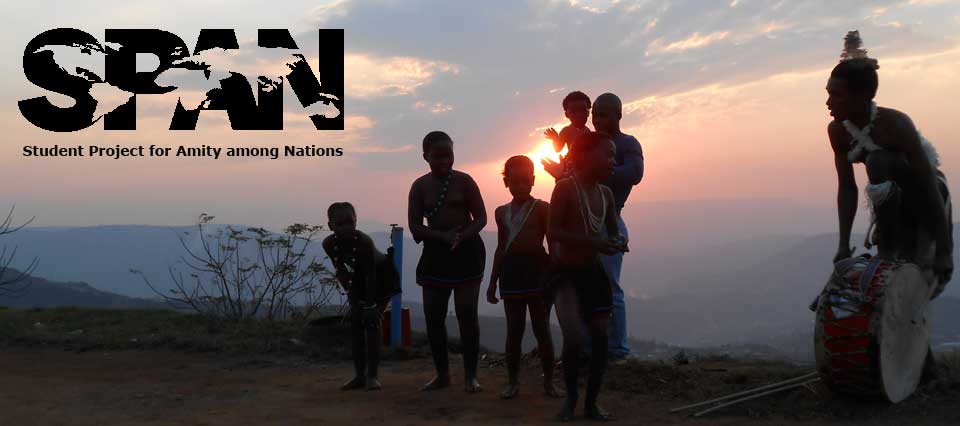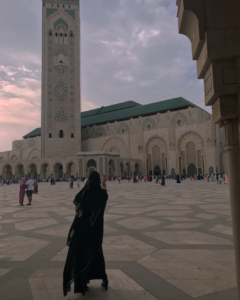Written by Ebyan Abdisalam, Morocco 2017
Although my preparations to travel to Morocco began a year ahead of time, nothing could have prepared me for the academic and cultural experience that I had. My previous travels to Egypt, another North African country, led me to believe that I would not be as impacted as my fellow SPANners. I thought that I would seamlessly adapt to my surroundings and felt confident I knew most things about the language and culture. I was proven wrong in my first few days when my Arabic language skills failed to assist me in communicating with local vendors as they spoke darijah, which is a dialect of Arabic that is heavily influenced by French.
One of the most surprising things I found during my studies was the consistent kindness and welcoming nature of many Moroccans, which played a significant role in my ability to both conduct research and enjoy my experience. I frequently met strangers that quickly became friends and treated me like family. I felt this most in Agadir, which is a city along Morocco’s southern Atlantic coast, where I met some of the most amazing people during my week there. A young gentleman named Ahmed was one of these people, and he is someone who embodied the generosity and intelligence that I feel characterizes the Moroccan people. Ahmed and his family were from a lower income family and were able to buy a plot of land through a government subsidy that was granted to them. They took the opportunity to collaborate with contractors and built a five-story building, in which they host travelers all over the world. The most amazing thing about the family was their hopeful and optimistic outlook on life, despite the many hardships they suffered through.
This good-natured spirit that I found in people throughout Morocco helped shape and direct my research. My project focused on understanding how urban growth impacts the country’s ability to provide equitable health care. Since my research was qualitative, it relied on gathering information from key stakeholders in the government, members of nonprofit organizations, and local community members. My ability to gather data was contingent on the willingness of people to make time and meet with me. To my surprise, I found that almost everyone I contacted was eager to participate in my study and provided me with the necessary resources, documents, and reports. I was even able to meet with the Director of Hospitals and Ambulatory Care of the Ministry of Health and the Health Programs Officer of the World Health Organization in Morocco.
This unique experience has definitely impacted me personally and helped me grow academically. It has allowed me to appreciate a country and culture, so different that my own, and yet so familiar in an evocative way. It has opened a door of possibilities for me and reminded me that this world is too diverse and too beautiful to be bound to only one place.


